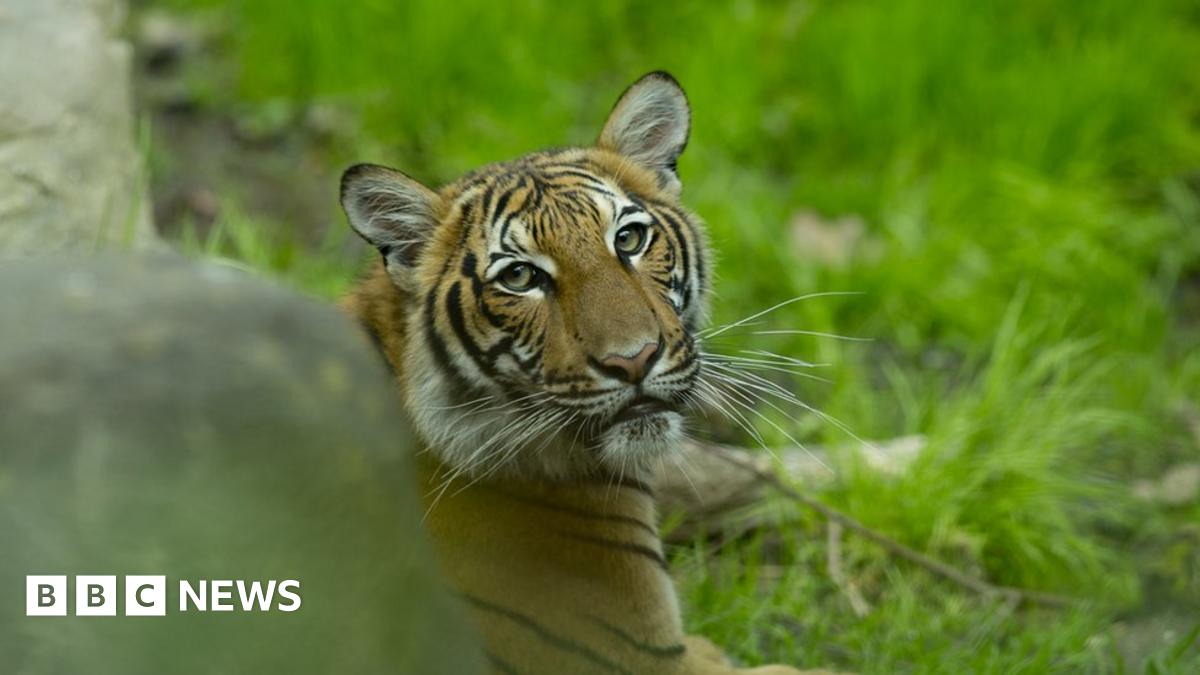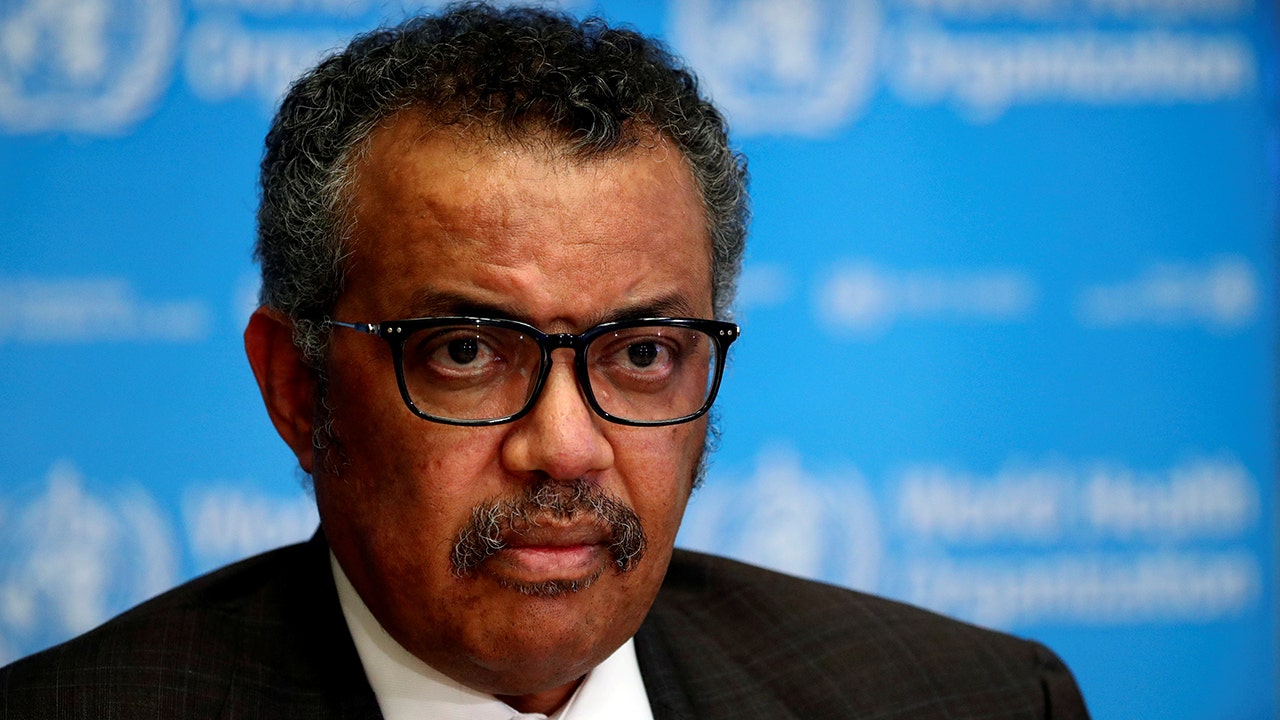As the Japanese government counted the cost of the 2020 Tokyo Olympics being postponed to next year, Taro Aso, the country’s deputy prime minister, took out his frustration on the World Health Organisation (WHO). Preparation for a pandemic of exactly this nature had long been the WHO’s top priority. So why did it fail the test so badly when the moment came?
Aso’s answer was that the WHO had grown far too close to China. Indeed, he suggested, it should change its name to the Chinese Health Organisation. Not only was the previous WHO director-general, Margaret Chan, a Chinese national but her successor, Tedros Adhanom Ghebreyesus, the former Ethiopian health minister, was China’s candidate. The allegation was serious: “Early on, if the WHO had not insisted to the world that China had no pneumonia epidemic, then everybody would have taken precautions,” he said on 28 March. Although it was alerted in late December that a new disease had appeared in the Chinese city of Wuhan, the WHO continued to repeat Beijing’s assurances that there was nothing much to worry about.
The WHO had been warned of the problem in Wuhan from a reliable but awkward source. In common with most international organisations, at China’s insistence the WHO does not include Taiwan as an independent member. That is why those looking for evidence of Taiwan’s performance in the struggle against Covid-19 will search in vain on the WHO website. Yet, as Aso also noted, Taiwan can claim to be a “world leader” in responding to the virus and its impressive record should be known. By screening people arriving on flights from China and tracing the contacts of all known cases, this island country of some 24 million people has so far limited the number of cases to 363, with five deaths.
But this is not a story that the WHO can tell. There was an embarrassing moment in late March, when Bruce Aylward, a senior WHO adviser, was unable to respond to a question by a Hong Kong-based journalist about Taiwan because he dared not acknowledge its existence as a distinct political entity. This is a familiar problem for international bureaucrats. The particular embarrassment in this instance was that Taiwan had warned the WHO of trouble in Wuhan in late December, and particularly about the possibility of human-to-human transmission. This was despite the efforts being made by local Communist Party officials to suppress the news and warn those physicians talking about it openly to stop spreading such damaging rumours. But by the start of this year, the news was emerging in a variety of ways, and not only through Taiwan.
The WHO did not respond to Taiwan’s warning and did not pass it on to others. Instead it stayed close to China’s official line. Even as the seriousness of the situation became apparent the WHO repeated China’s reassurances. Most notoriously, on 14 January, it endorsed the Chinese claim, based on a preliminary investigation, that while this might be another example of animal-to-human transmission of a novel virus, as can happen when wild animals are bought and sold in Chinese “wet markets”, there was as yet no evidence of human-to-human transmission. This was a claim those trying to cope with the developing crisis in the city knew to be false. The WHO passed on this reassuring news in a tweet. Governments around the world, which rely on the WHO as the most authoritative source of information on infectious diseases, took note.
***
On 22 January, the WHO’s emergency committee was convened by teleconference to discuss whether the “novel coronavirus 2019” constituted a Public Health Emergency of International Concern (PHEIC) – the highest level of alarm short of a pandemic. After “divergent views” had been shared, the advice was that it was not a PHEIC. The following day, however, China announced the tough measures it was imposing to get a grip on the virus in Wuhan. The emergency committee reconvened on 23 January. It heard how the virus was spreading, including to Japan, South Korea and Thailand, and that of 557 reported cases in China, 17 people (around 4 per cent) had died. (An article in the journal Science has estimated that at this time some 86 per cent of all infections within China were undocumented.) The committee found the extent of human-to-human transmission unclear. On this basis it was still reluctant to declare a PHEIC, and decided on a more “intermediate level of alert”.
More information was now requested from China to better “understand the epidemiology and the evolution of this outbreak” as well as the clinical features of the infection and the best treatments. To stop the virus’s international spread, China was to conduct “exit screening at international airports and ports in the affected provinces”. This would allow for early detection of “symptomatic travellers… while minimising interference with international traffic”. China was anxious to avoid the economic disruption that had resulted from the 2002-04 sars outbreak. Back then, the WHO had issued advice to postpone non-essential travel to a sars-affected area, which had the effect of reducing travel to East Asia by around 10 per cent, with dire economic consequences for the aviation industry and tourism.
By this stage other countries were starting to get anxious. US intelligence warned Donald Trump in late January that China was understating the severity of the disease and he reported back the reassurances he had received from Xi Jinping, China’s leader. Major airlines were soon stopping flights from Wuhan. When first Italy (which soon had its first example of an infected traveller from Wuhan) and then the US banned flights, Tedros warned on 4 February that this would “have the effect of increasing fear and stigma, with little public health benefit”. By this time the virus was certainly well on its way around the world.
Slowly, the WHO stepped up its warnings and advice. It finally declared a global public health emergency on 30 January. Tedros was still reluctant to move to the next level. “Using the word pandemic carelessly has no tangible benefit,” he observed on 26 February, “but it does have significant risk in terms of amplifying unnecessary and unjustified fear and stigma, and paralysing systems. It may also signal that we can no longer contain the virus, which is not true.” At this point the main country worrying about stigma was China.
Tedros also feared (probably correctly given the likely course of the pandemic) that the greatest danger was to developing countries. On 12 February operational planning guidance for countries was published, and on 21 February came a more urgent warning that the “window of opportunity” for preventing the virus’s spread might soon close. The next day an expert team from the WHO was at last allowed to visit Wuhan to explore the evidence. Its final report, published at the end of the month, provided vital information that informed emergency preparations around the world. Members of the team praised China for scientific cooperation but noted its nervousness about overstating the deadliness of Covid-19 and the possibility of a “second wave” (the word “resurgence” was used instead).
The report recommended “active, exhaustive case finding and immediate testing and isolation, painstaking contact tracing and rigorous quarantine of close contacts”, while educating the general public “on the seriousness of Covid-19” and how to prevent its spread. When it came to more “stringent measures”, such as suspending large-scale gatherings and closing schools and workplaces, it did not go further than urging “multi-sector scenario planning and simulations”.
This was the advice at the start of March, although by this time the position in a number of countries was already becoming more urgent and testing programmes could only have limited value in containing the spread, especially since many of those carrying the virus showed no or only mild symptoms. On 11 March a pandemic was declared by the WHO. By this time, 114 countries had reported cases. In fairness to the WHO, it was also now in full emergency mode, dispensing essential advice and assistance around the world.
And, again, in fairness to the WHO, all international organisations have to deal carefully with their most powerful members because they need their cooperation. Nor is calling a pandemic on the basis of limited evidence a straightforward matter. Tedros’s predecessor, Margaret Chan, faced severe criticism for declaring a pandemic around the so-called swine flu of 2009 (H1N1/09) too hastily, as the effects turned out to be similar to normal seasonal flu. There were even allegations, later shown to be unfounded, that this had been at the behest of pharmaceutical companies expecting to make money from testing and vaccines.
Yet when it came to reporting on viruses of this sort China had form. Sars also began with the combination of wild animals and a wet market. The reluctance of local officials to pass on bad news to Beijing, and fear of causing economic and social instability, led to delays in telling the outside world. In the aftermath, the WHO made clear that these delays had serious consequences. China agreed to do better next time. It even enshrined the commitment into law. It was a promise it hasn’t kept. Its failure to do so, and the WHO’s reluctance to challenge what it was being told, has cost the world dearly.
www.oneoceanexpeditions.com



